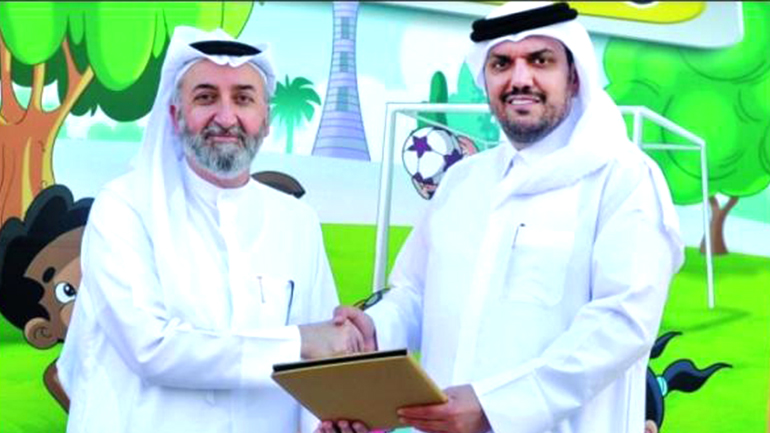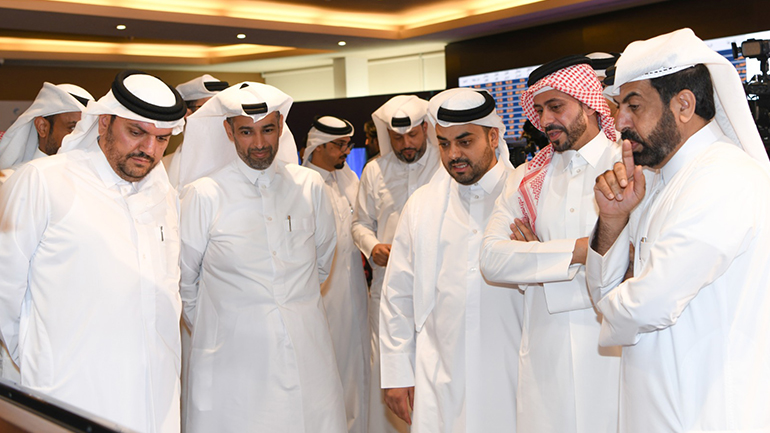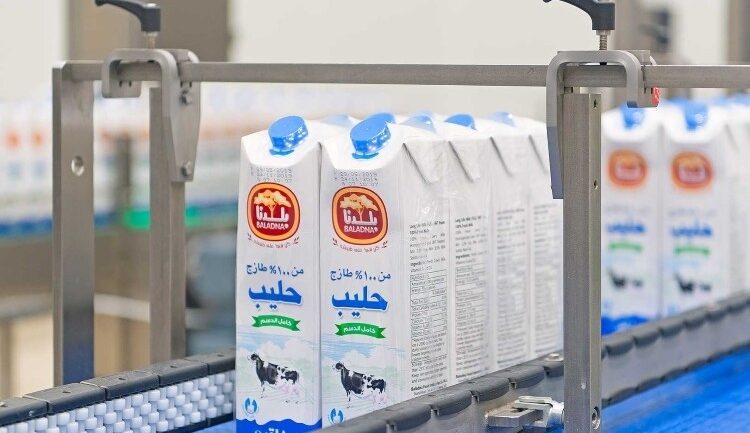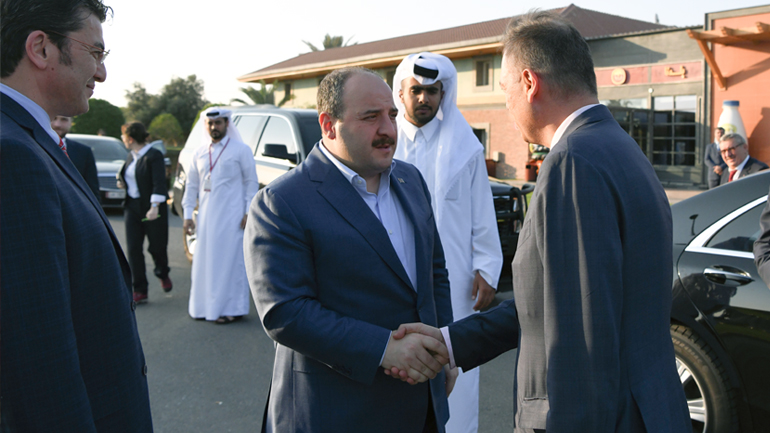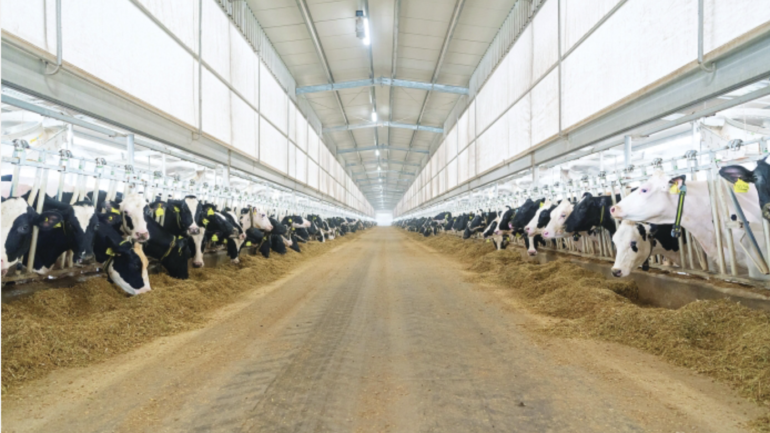
Bovine heroes: The quest for food security in Qatar
By Moutaz Al Khayyat,
Chairman of Baladna
Last week, a global community of more than 2,000 influential voices from the worlds of business, policy, culture, sports, and entertainment gathered at the inaugural Qatar Economic Forum (QEF). Anchored in Doha and held virtually, speakers and participants engaged in dynamic and insightful conversation on themes such as leadership, sustainability, technology, and the future of commerce – all crucial as we emerge from the global pandemic.
As part of the event, the ‘Bovine Heroes’ segment celebrated Baladna’s significant contribution to food security in Qatar, particularly during the years of the blockade. It’s a story that still astounds many and will be forever inked into the pages of history. It’s also an inspirational story worthy of retelling here.
Historically, most of Qatar’s food supply heavily relied on imports, which entered via the Saudi Arabian border crossing at Abu Samra and Dubai’s Jebel Ali Port. Around 72% of local dairy was imported from around the world, while 80% of the country’s fresh milk supply came from Saudi Arabia. Qatar’s hot and dry climate and environmental conditions have been, for the most part, ill-suited to agricultural methods commonly used in other countries.
In 2017, the economic blockade imposed by neighbouring countries meant that Qatar was cut off from its vital supply chains. Qatar found itself unable to import dairy products and a solution was urgently needed.
Against this backdrop, Baladna came to prominence. Within days, we airlifted 4,000 Holstein dairy cows from the US. After one month, Qatar was producing its own milk. Within 6 months, we achieved 30% self-sufficient in dairy. By June 2019, we had imported more cows and Qatar became 100% self-sufficient in fresh milk. This was supported by the rapid scaling up of the infrastructure needed to look after and milk the herd.
As Mohamed al-Sadah, CEO of Hassad Food – a division of the Qatar Investment Authority focused on agriculture and tasked with meeting 60% of Qatar’s food demand – highlighted during the QEF, the advancement in technology and R&D helped to solve the challenges posed by Qatar’s environment and climate. For example, to ensure efficient milk production and to address climate challenges, Baladna installed milking machines that worked 24 hours a day, an automated system for collecting manure, and advanced ventilation systems to keep the cows cool.
Since then, Qatar has achieved dairy self-sufficiency and Baladna raised nearly $400 million during its successful IPO on the Qatar Stock Exchange in 2019. Baladna has grown to offer a range of more than 250 product lines within the dairy category, including milk, yogurt, Laban, and cheese. Outside of dairy, Baladna produces juices and organic fertilizers.
